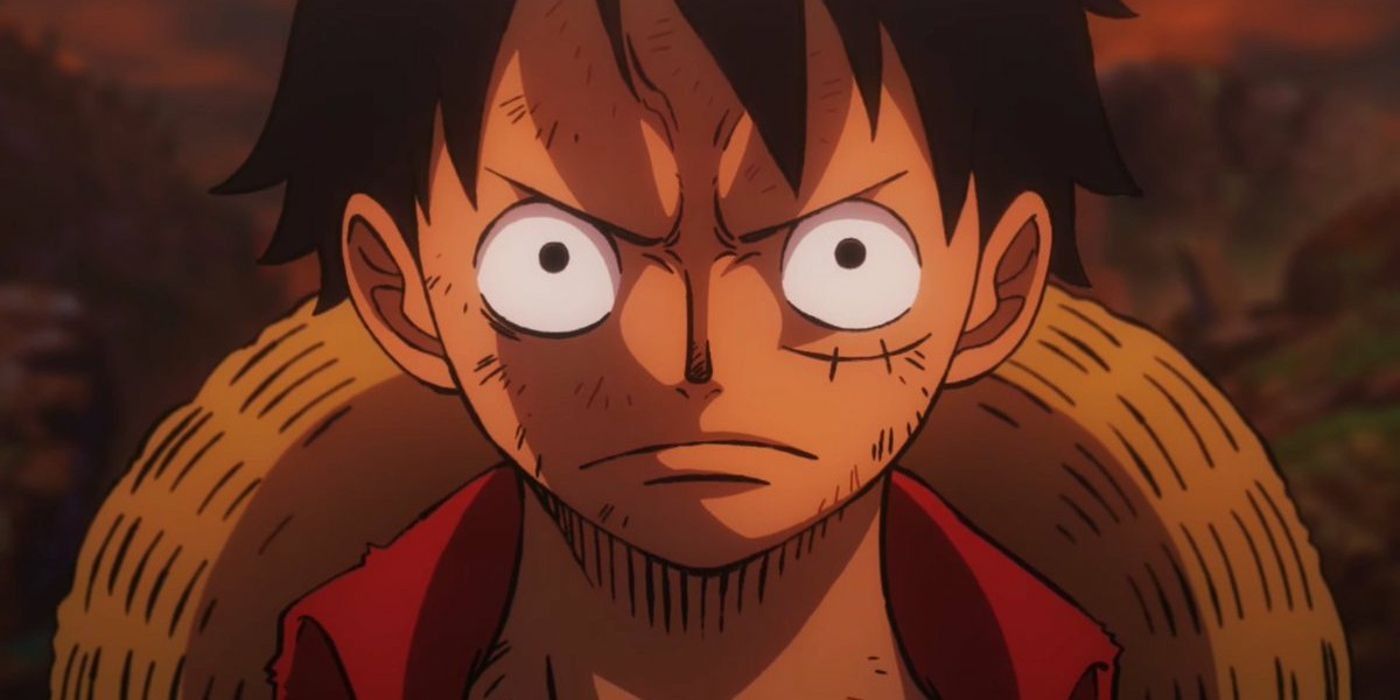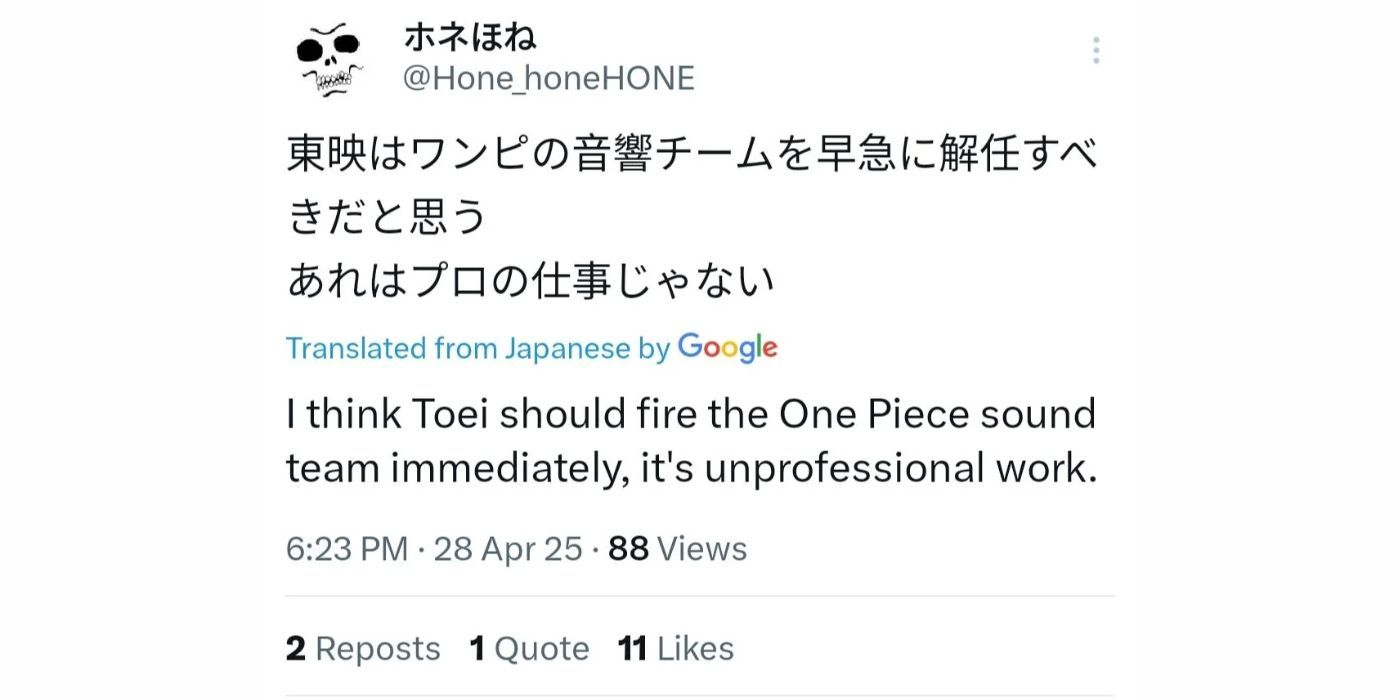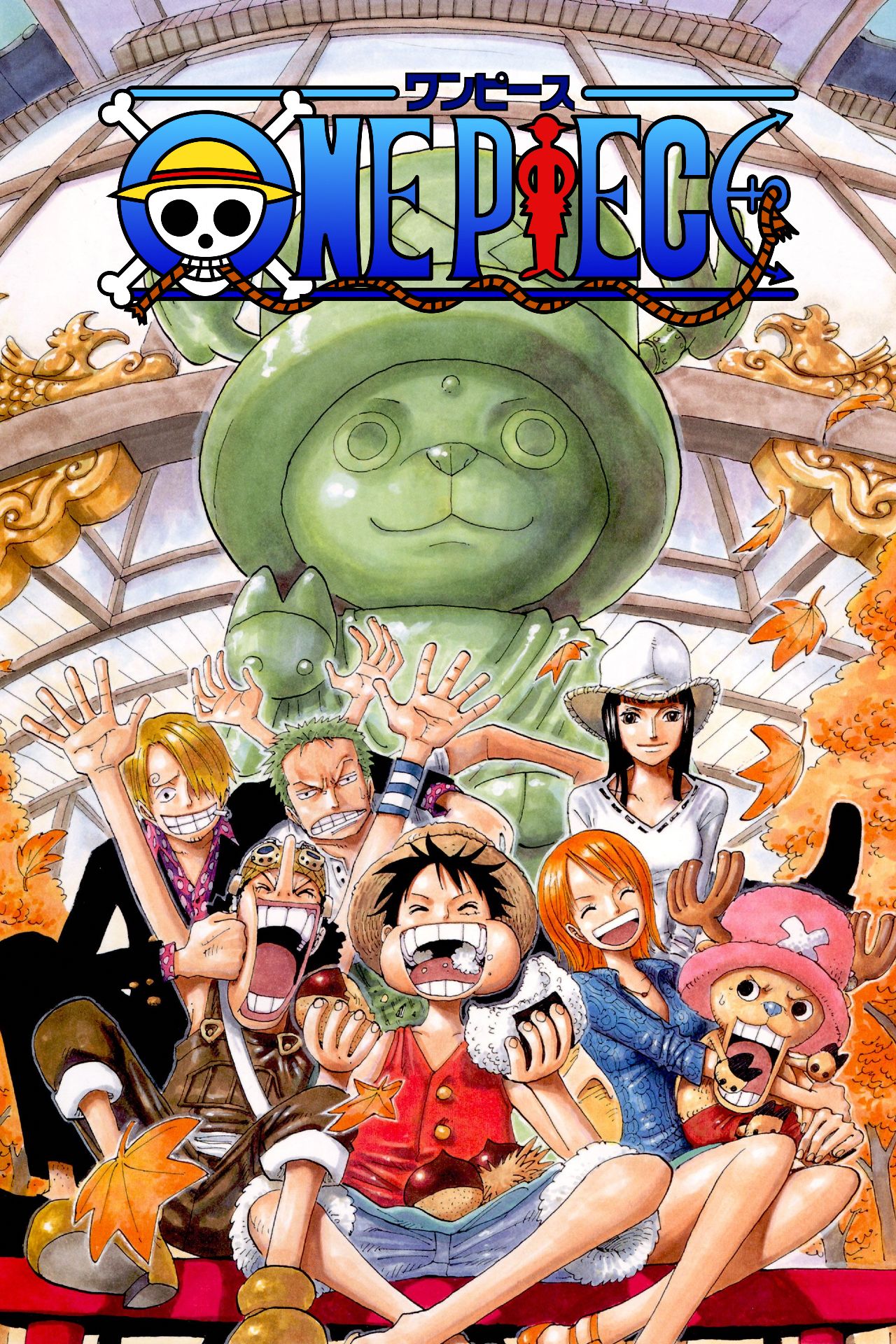Related
The anime world was shaken recently when aOne Pieceanimator made a scathing comment about the show’s production quality, calling out Toei Animation’s sound department.
The animator stated bluntly that Toei should fire the One Piece sound team immediately, describing their work as unprofessional.
The criticism was direct and unusually harsh for someone within the production team, igniting widespread discussion among fans and industry professionals alike.
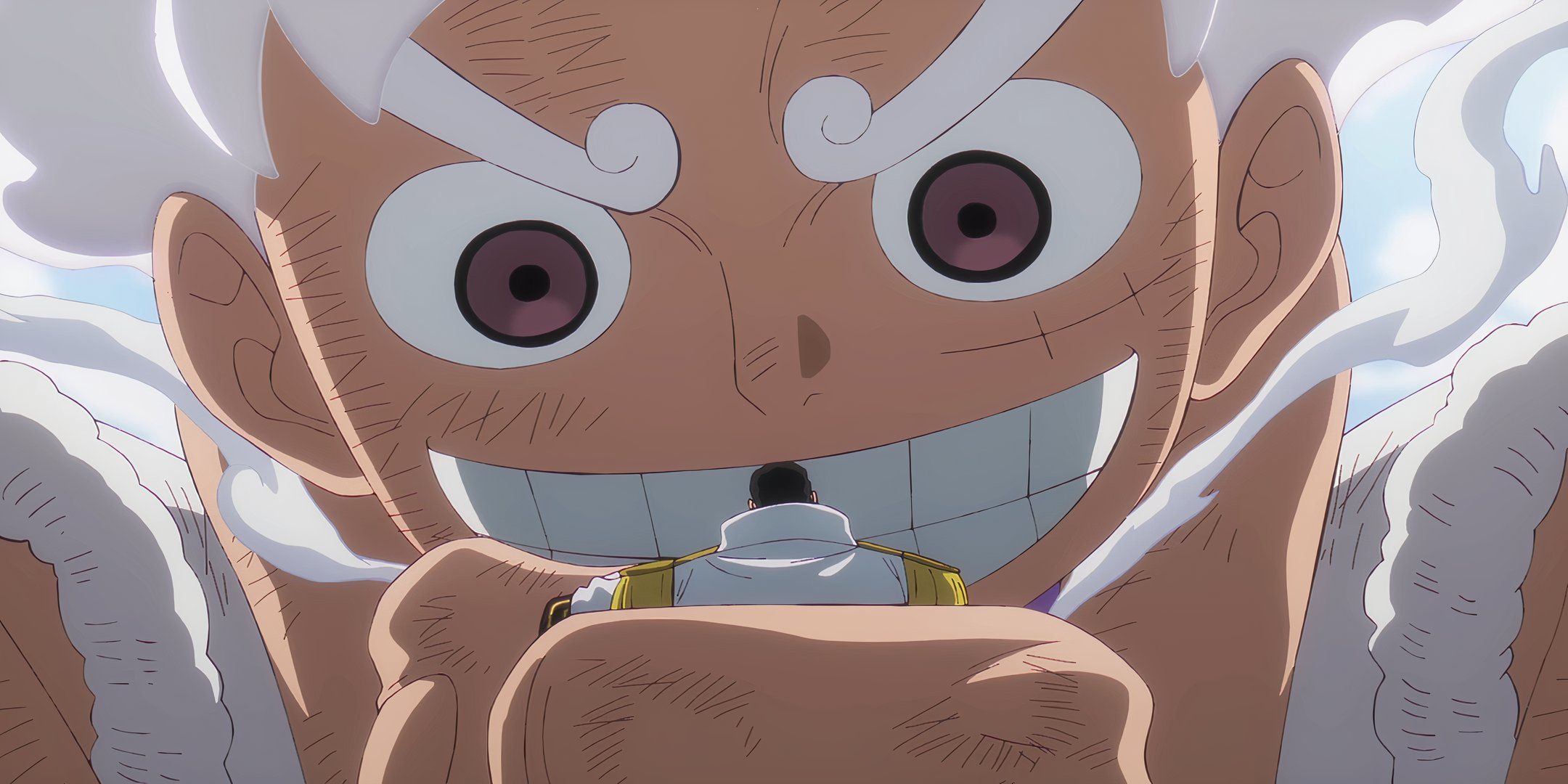
This comment from@Hone_honeHONEon X did not go unnoticed, despite being already deleted, especially givenOne Piece’smassive global popularity and long-standing legacy.While fans have debated animation quality and story pacing for years, direct criticism from someone inside the studio is rare, and suggests deeper creative frustrations.The pointed remark has opened the floodgates for fans and others in the anime community to reflect on the technical aspects of the show, particularly its use of audio effects that some feel have become outdated.
Outdated Audio in a Modern Era
This One Piece Animator is Upset About the Sound Teams Use of Old Audio Effects
One major point of contention isToei Animation’s reliance on sound effects that date back several decades, many of which originated from other long-running franchises likeDragon Ball.While such effects can trigger nostalgia for longtime viewers, critics argue they feel lazy and disconnected from modern standards in anime production.
As animation techniques and expectations have evolved, these recycled sounds now stand out as jarring and out of place, undermining the immersion that high-quality sound design typically supports.
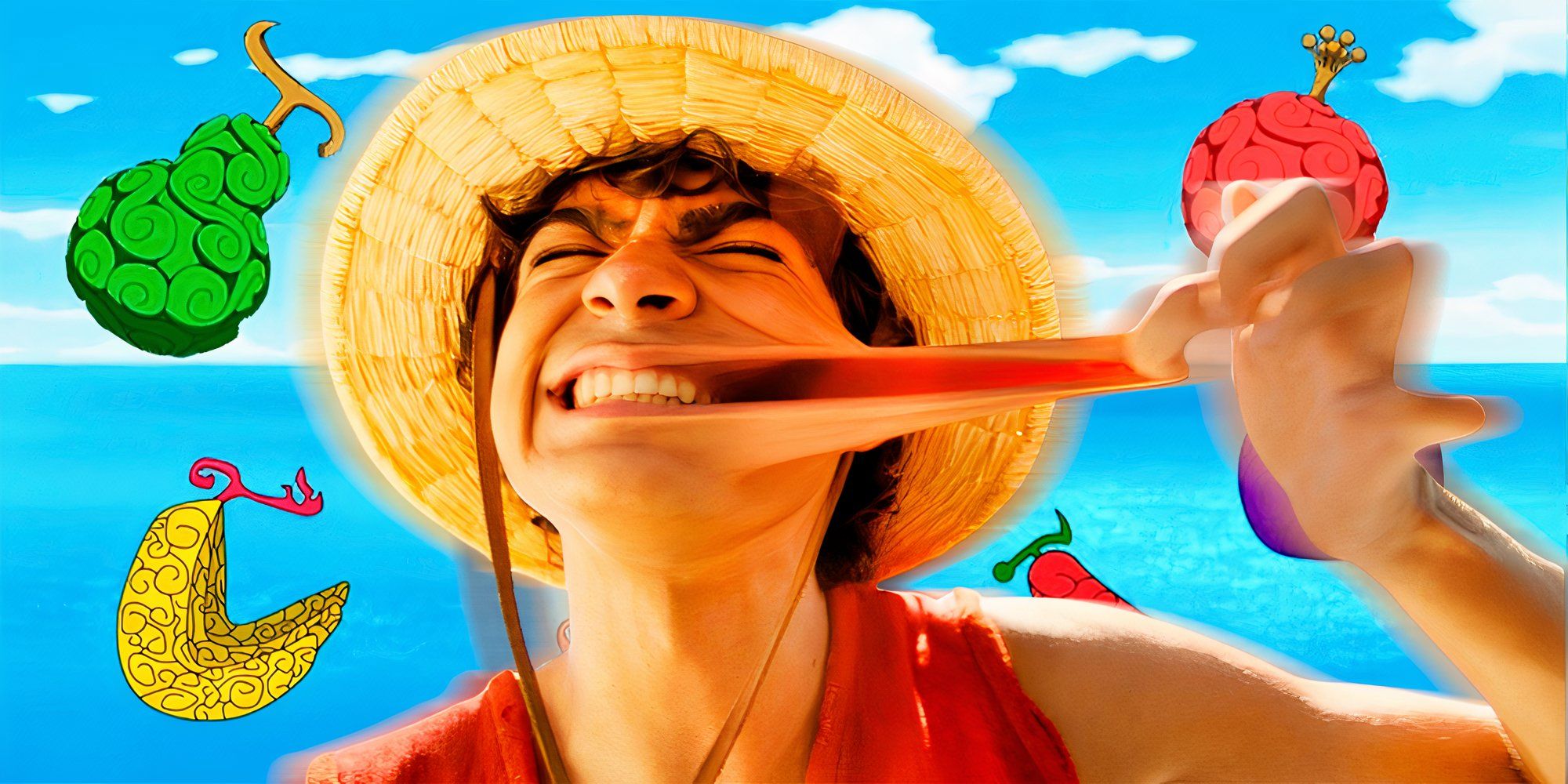
One of One Piece’s most overdue fights just happened and it’s animation is some of the absolute best that the franchise has ever seen before.
A Divided Fanbase and Industry Reflection
This Debate Over Reused Anime Sound Effects Is Not New
On the flip side, others believe constructive criticism, even when blunt, is necessary for the industry and forOne Pieceto grow.
They view the animators remarks as a call for accountability and quality control, especially in a market where viewers are exposed to increasingly polished productions.
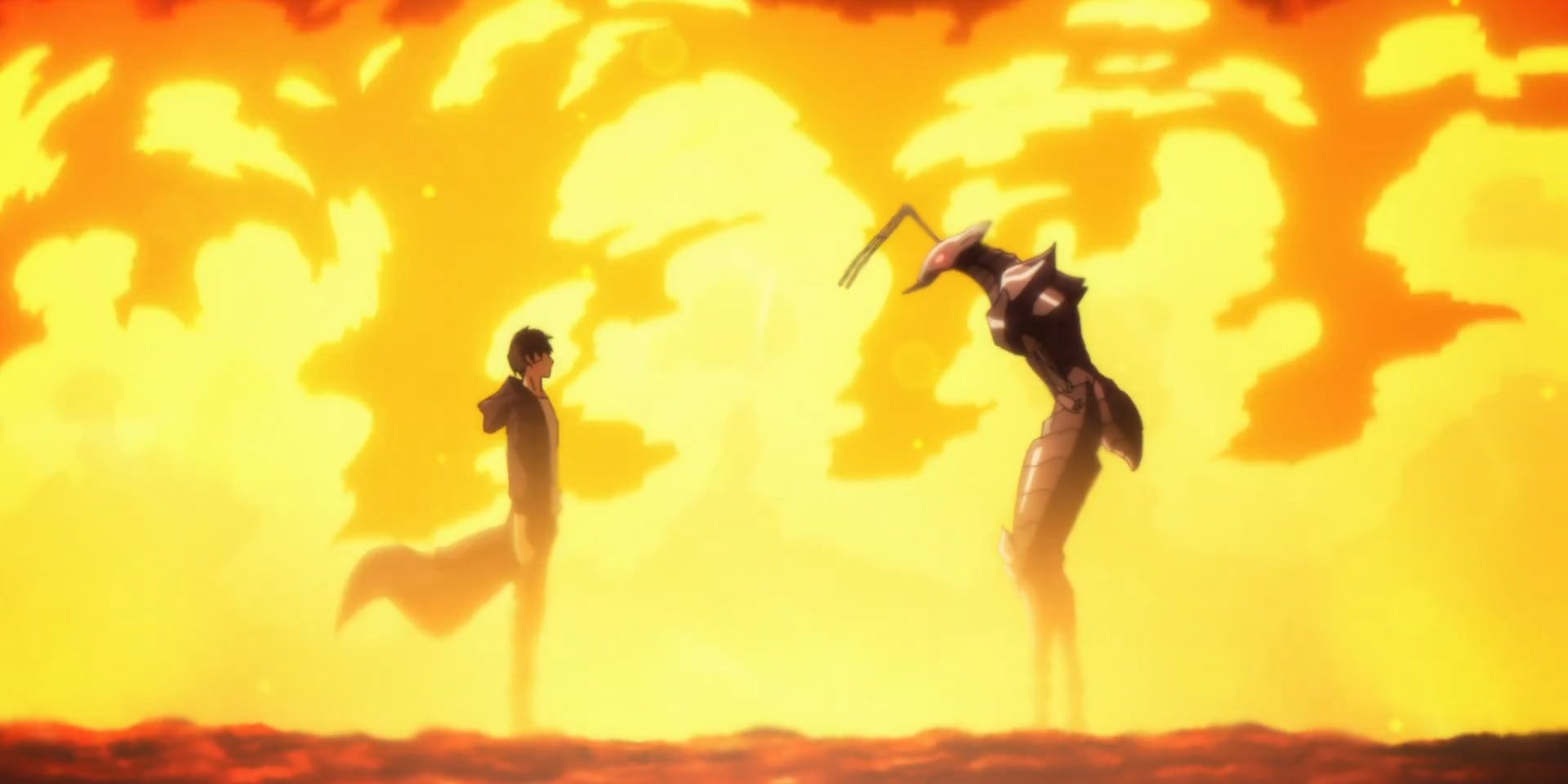
As anime gains more international attention,studios like Toei may face mounting pressure to modernize not just animation, but every aspect of production, including sound.
Source:@Hone_honeHONE/X
